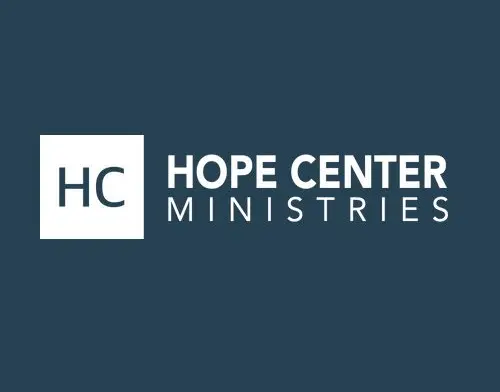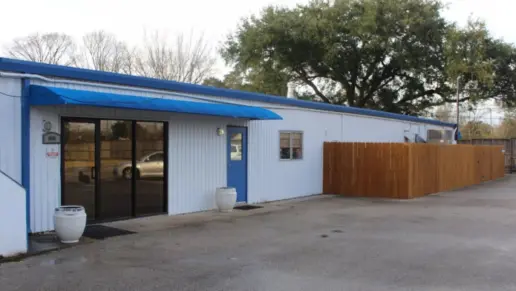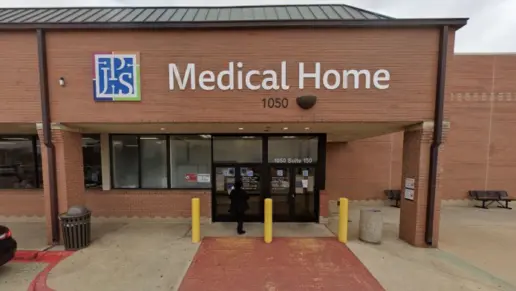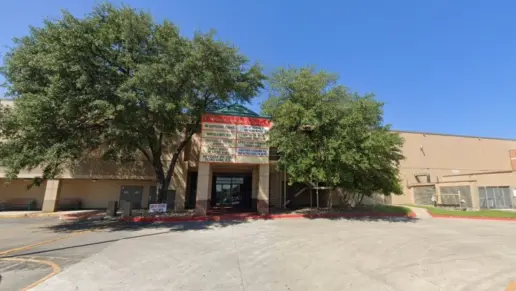I had a young lady I was working with, I am a Recovery Coach in Abilene, Tx. She raved about the program and did great. She actually moved up North to a new facility y'all were opening, and sent me pictures of her and the landscape, absolutely beautiful. But she started off ...
About Hope Center Ministries – Holliday Women’s Center
Hope Center Ministries Holliday Center is a residential inpatient treatment center in Witchita Falls, Texas. They believe that Christ is at the center of healing and apply this to every level of their treatment program and operations. The Holliday Center exclusively serves women. The Holliday Center uses a Bible based curriculum. They provide modern amenities that facilitate healing and socialization through fun.
The crux of residential treatment is close, ongoing observation. This helps ensure each client’s safety and security and allows the staff to make individual program changes as progress is made. The program is broken up into three phases that last a combined 52 weeks.
The curriculum utilizes a 12 Step program, individual and group lay counseling, spiritual development, devotional services, Bible studies, daily reflection, and family support and visitation. Residents are also assigned chores throughout their stay. The program changes as you progress through the three phases, and you’ll gain additional benefits over time.
To ensure that clients are prepared to re-enter the workforce upon course completion, they receive vocational training during the second phase. A vocational training provider will help you develop crucial job and life skills to help you support yourself and others during your recovery journey. This is a 40 hour a week program.
The Holliday Center recognizes that recovery isn’t complete just because a program ends. Every graduate is offered continuing support from the facility and through its partners and sponsors. Aftercare usually involves planning for the future via goal setting, but can also include services like finding transitional living (such as sober houses), help to secure employment, or referrals to specialists outside the facility.
Aftercare looks different for everyone. Your aftercare team will work with you to build the support plan that most supports you and your long term goals.
Applicants are not turned away if they cannot cover costs. Holliday Women’s Center works closely with donors who are happy to support low income applicants.
Facility Overview
Rehab Score
Gallery
Location
Other Forms of Payment
Self-pay involves paying for treatment out of your own pocket. You can use savings or credit, get a personal loan, or receive help from family and friends to fund your treatment. If you don't have insurance or your insurance plan doesn't cover a specific program, self-pay can help ensure you still get the care you need.
Addiction Treatments
Levels of Care
Treatments
The goal of treatment for alcoholism is abstinence. Those with poor social support, poor motivation, or psychiatric disorders tend to relapse within a few years of treatment. For these people, success is measured by longer periods of abstinence, reduced use of alcohol, better health, and improved social functioning. Recovery and Maintenance are usually based on 12 step programs and AA meetings.
During rehab in Texas, you'll deal with underlying issues that contribute to addiction. By addressing these challenges and learning healthy ways to cope with them, you'll develop strategies that help you live a drug-free lifestyle.
Opioid rehabs specialize in supporting those recovering from opioid addiction. They treat those suffering from addiction to illegal opioids like heroin, as well as prescription drugs like oxycodone. These centers typically combine both physical as well as mental and emotional support to help stop addiction. Physical support often includes medical detox and subsequent medical support (including medication), and mental support includes in-depth therapy to address the underlying causes of addiction.
Substance rehabs focus on helping individuals recover from substance abuse, including alcohol and drug addiction (both illegal and prescription drugs). They often include the opportunity to engage in both individual as well as group therapy.
Programs


Clinical Services
Group therapy is any therapeutic work that happens in a group (not one-on-one). There are a number of different group therapy modalities, including support groups, experiential therapy, psycho-education, and more. Group therapy involves treatment as well as processing interaction between group members.
In individual therapy, a patient meets one-on-one with a trained psychologist or counselor. Therapy is a pivotal part of effective substance abuse treatment, as it often covers root causes of addiction, including challenges faced by the patient in their social, family, and work/school life.
Therapy sessions that incorporate motivational interviewing focus on OARS: open questions, affirmation, reflections, and summarizing. This facilitates an exchange of information and an empowering of the client to decide for themselves what changes might need to be made in their lives.
Couples therapy helps couples learn to control emotions, trust each other, and communicate more effectively. It can be useful for short term intervention for a specific issue or for working on the relationship long term.
Research clearly demonstrates that recovery is far more successful and sustainable when loved ones like family members participate in rehab and substance abuse treatment. Genetic factors may be at play when it comes to drug and alcohol addiction, as well as mental health issues. Family dynamics often play a critical role in addiction triggers, and if properly educated, family members can be a strong source of support when it comes to rehabilitation.
Life skills trainings involve all the skills a person must have in order to function successfully in the world. These include time management, career guidance, money management, and effective communication. Truly successful addiction recovery is based on the ability to not only live substance-free, but to thrive. Life skills teaches the practical necessities of functioning in society, which sets clients up for success in life, and therefore sobriety.
Amenities
-
Residential Setting
-
Private Rooms
Staff
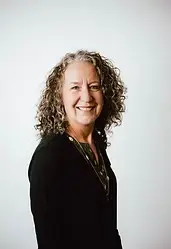
Admissions Coordinator
Contact Information
1516 Carter Rd
Wichita Falls, TX 76310
